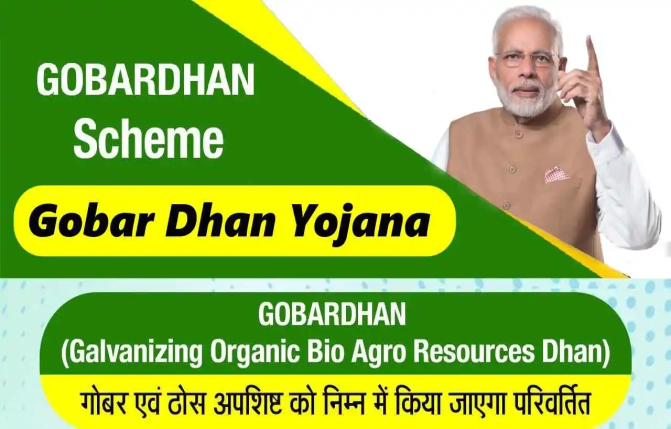Free Courses Sale ends Soon, Get It Now


Free Courses Sale ends Soon, Get It Now



Copyright infringement is not intended
Context: Prime Minister Narendra Modi inaugurated 'gobar-dhan' Bio-CNG plant in Indore, Madhya Pradesh.
Details:
GOBAR-DHAN Initiative:
Biomass:
Biogas potential of India:
Challenges
Way forward:
https://pib.gov.in/PressReleasePage.aspx?PRID=1694825
© 2024 iasgyan. All right reserved